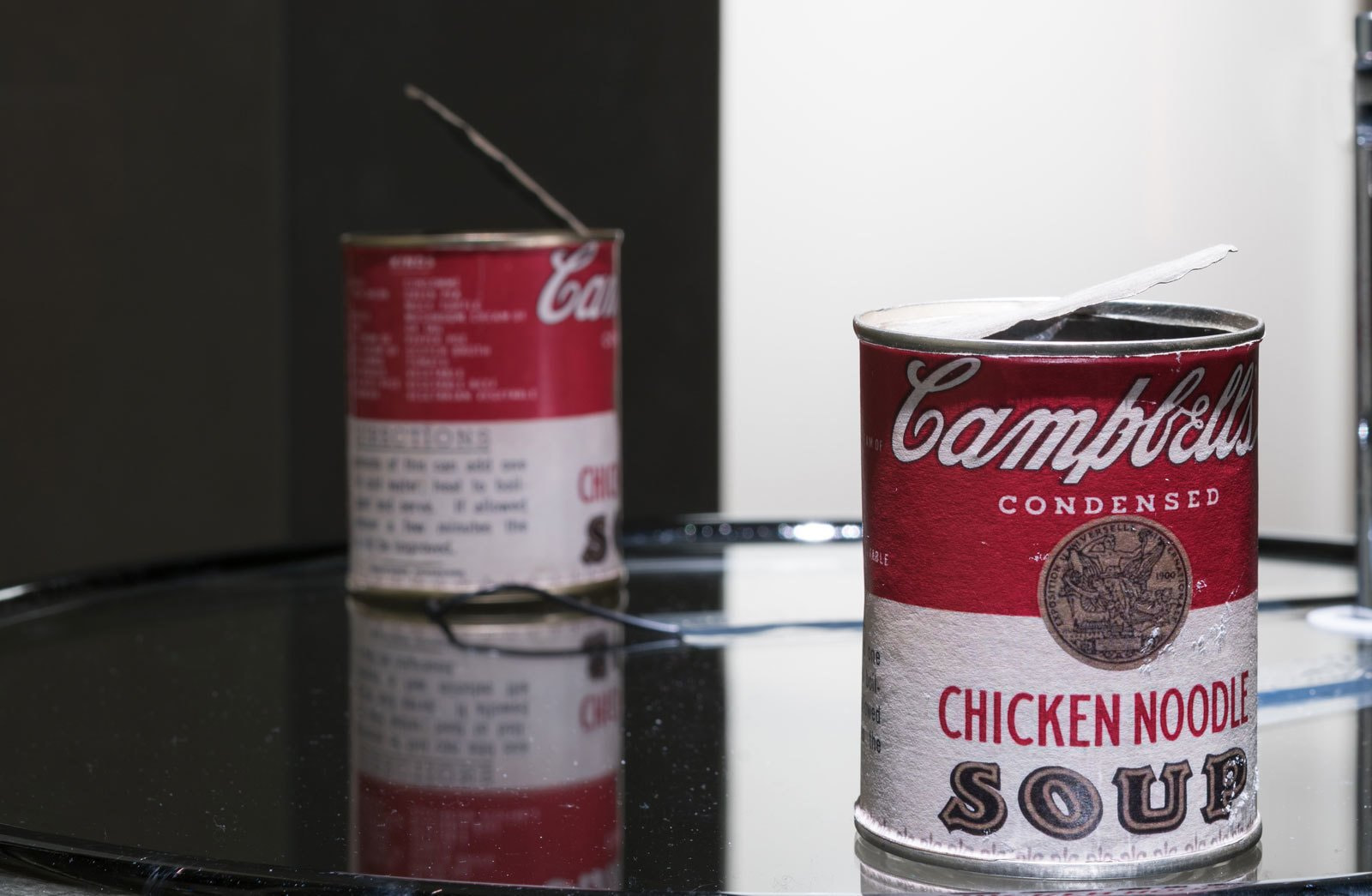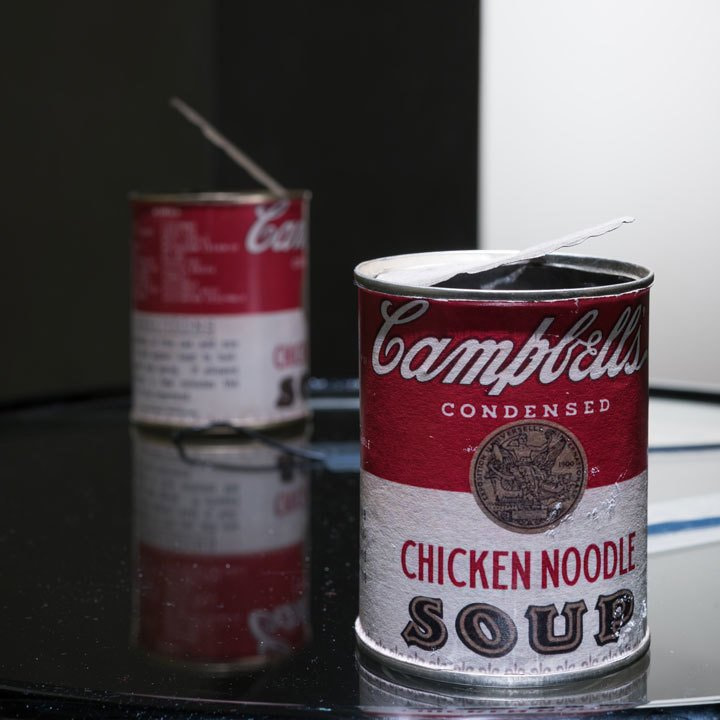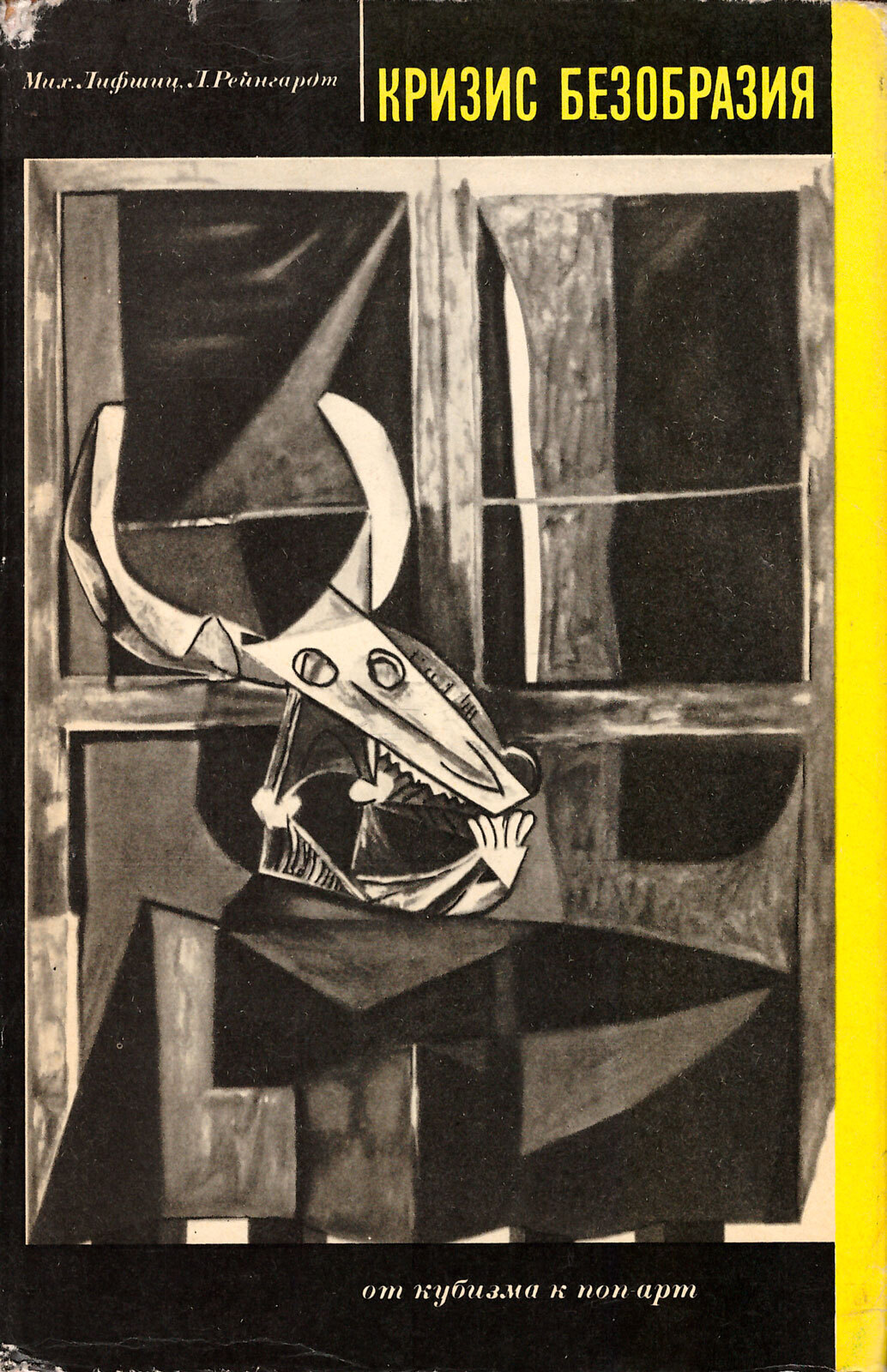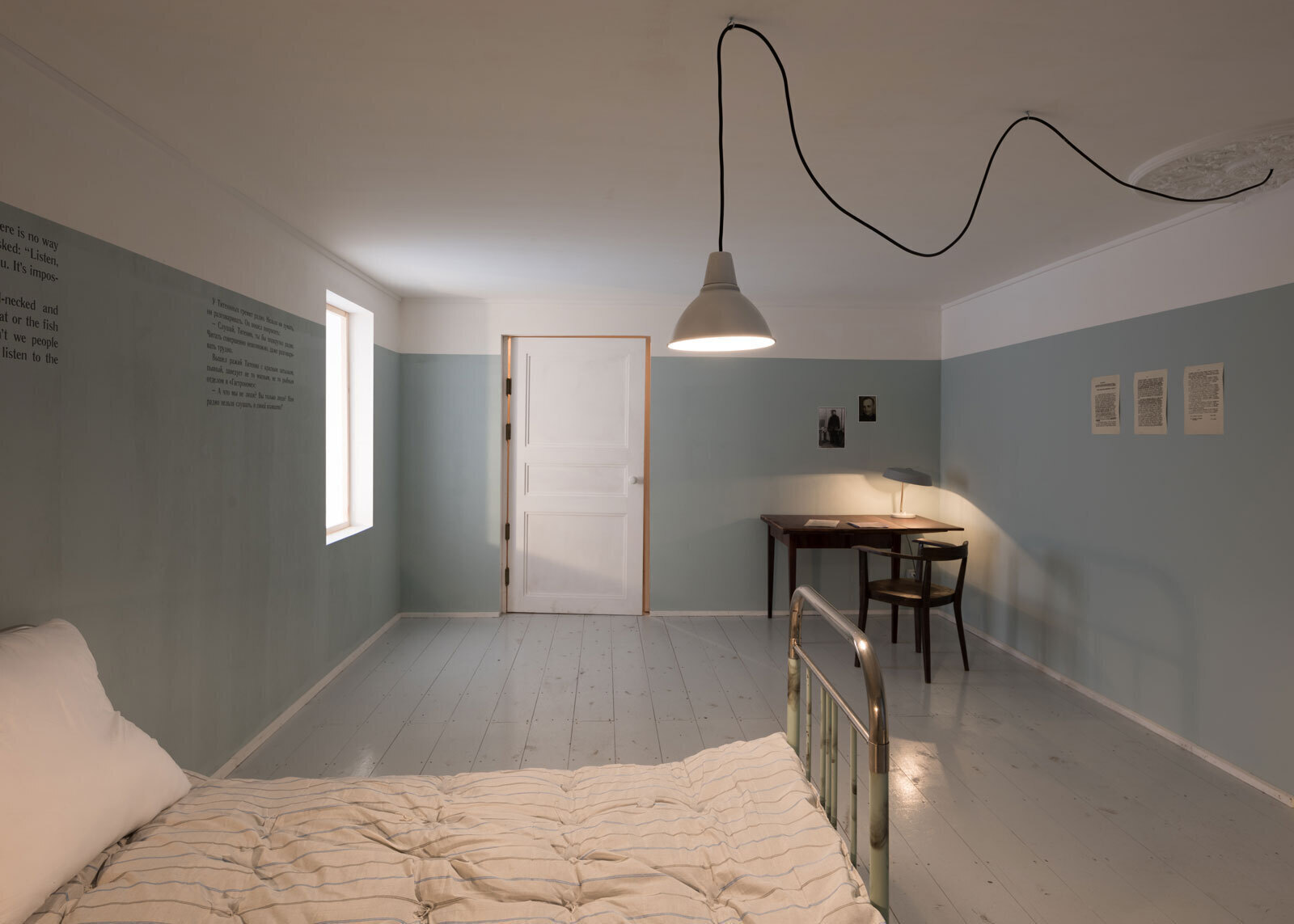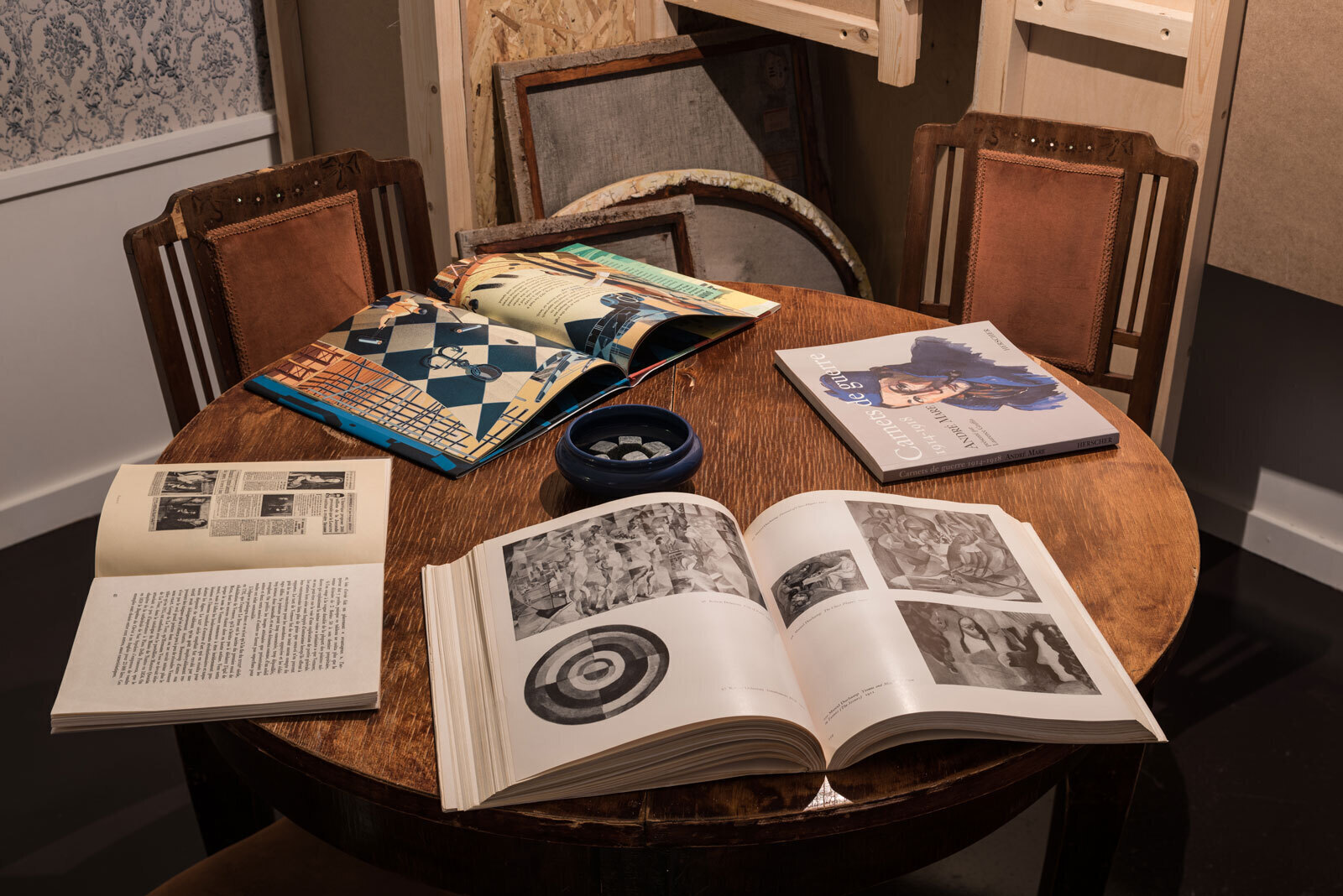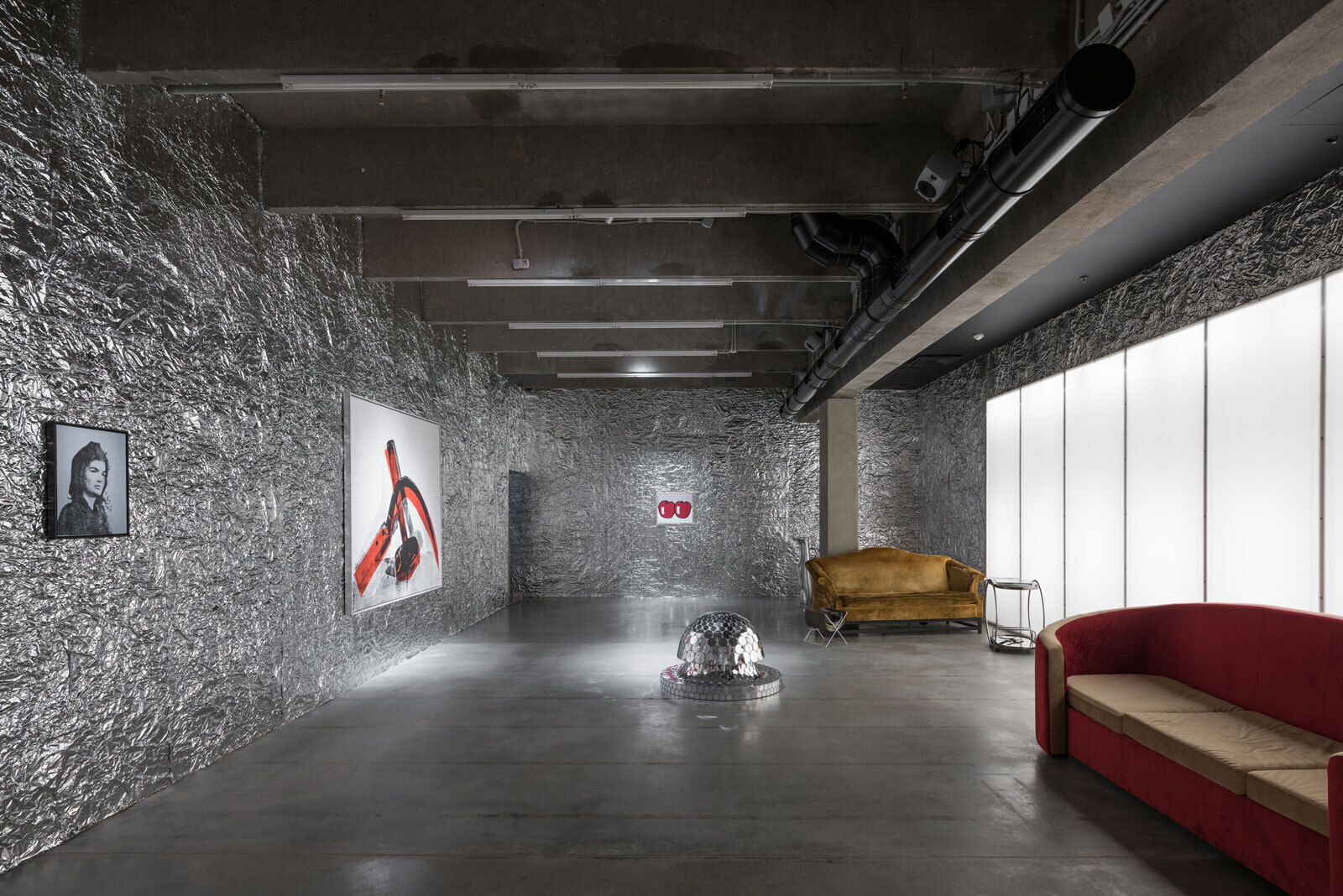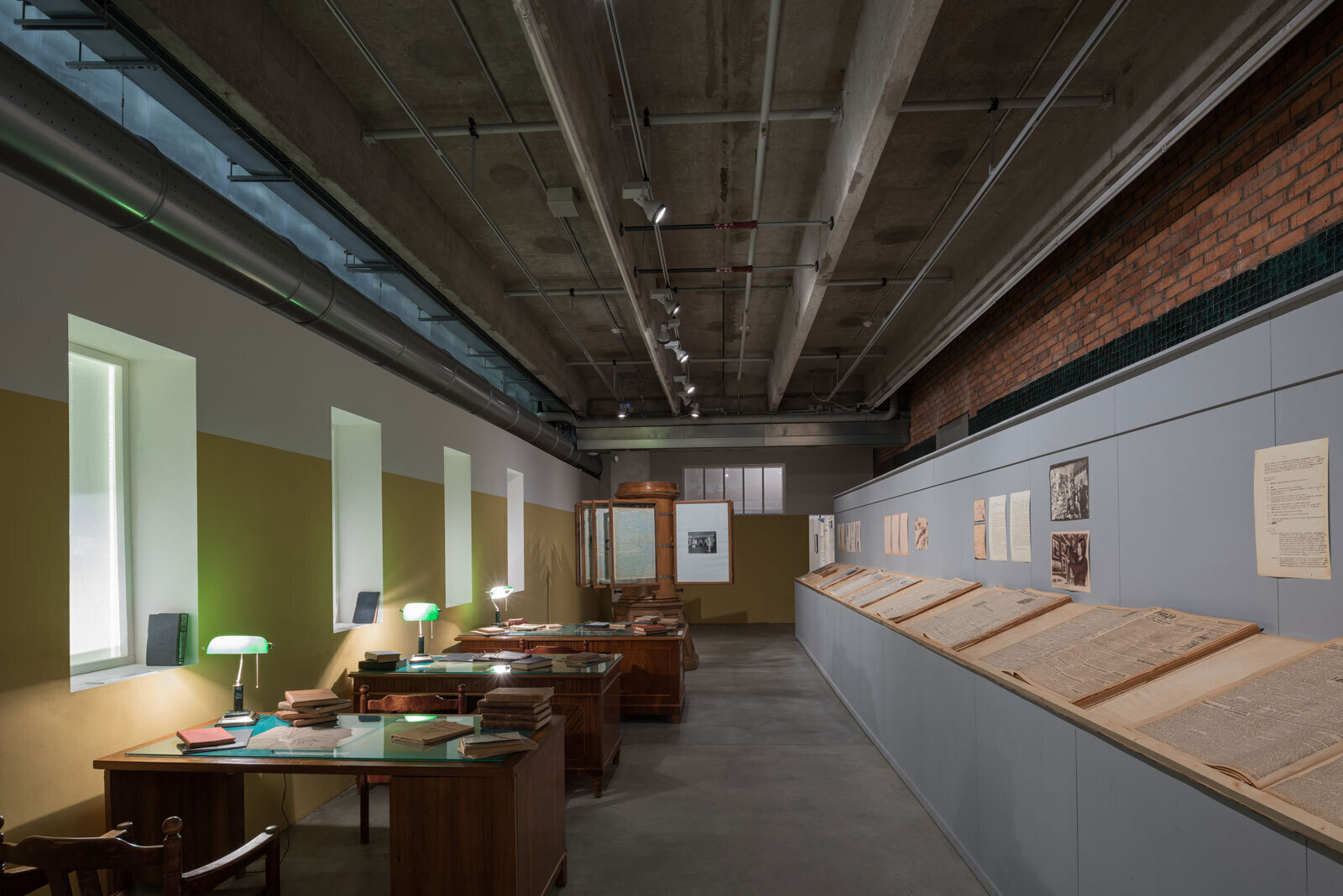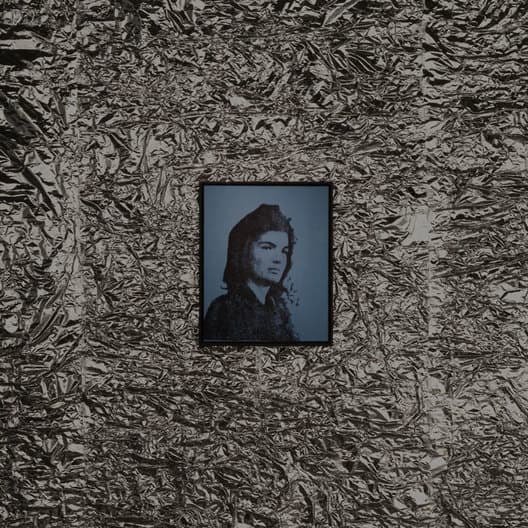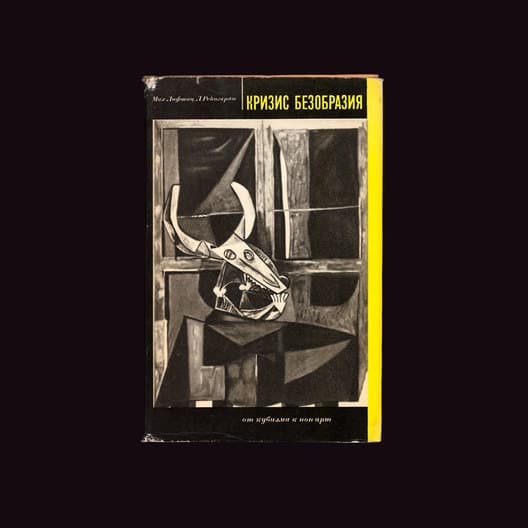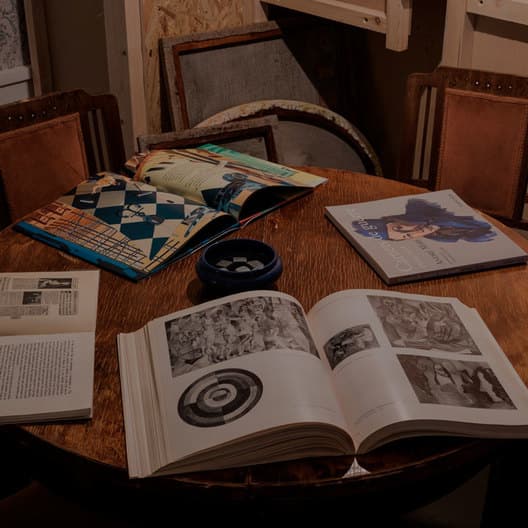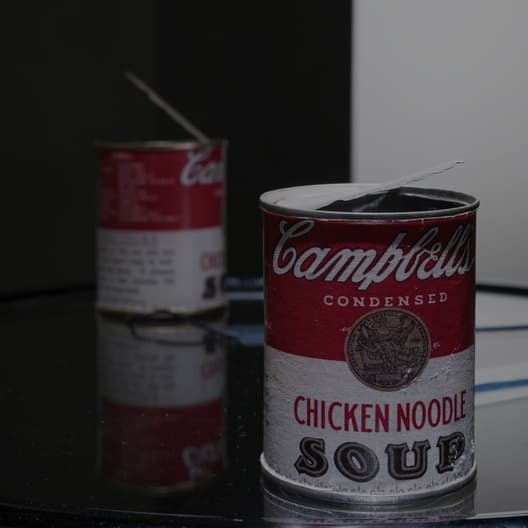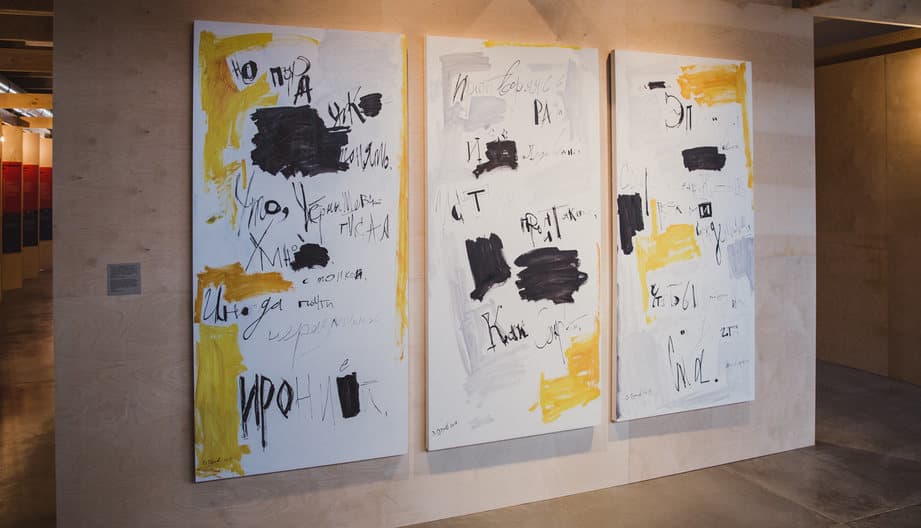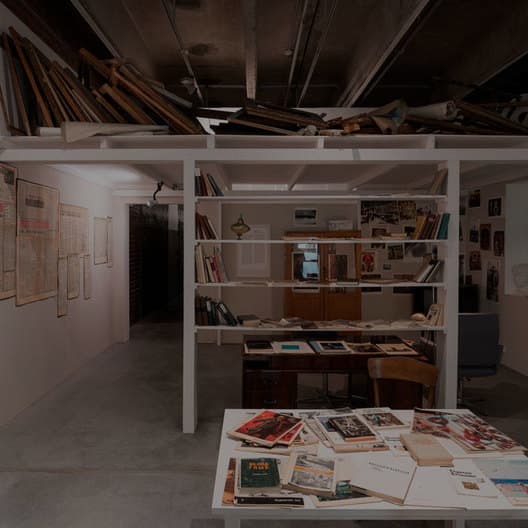This exhibition celebrates the fiftieth anniversary of the scandalous publication of The Crisis of Ugliness by Soviet philosopher and art critic Mikhail Lifshitz.
The book, which first appeared in 1968, was an anthology of polemical texts against Cubism and Pop Art—and one of the only intelligent discussions of modernism’s social context and overall logic available in the Soviet Union—making it popular even among those who disagreed with Lifshitz’s conclusions.
The result of a three-year Garage Field Research project, If our soup can could speak takes as its starting point Lifshitz’s book and related writings to re-explore the vexed relations between so-called progressive art and politics in the twentieth and twenty-first centuries, as well as the motivations and implications of Lifshitz’s singular crusade against the modern classics. His appraisal of the crisis in twentieth-century art differs fundamentally from the standard attacks on modernism in government-issue Soviet art criticism, and in fact can be read as their direct critique. All the while, Lifshitz is in constant dialogue and debate with the century’s leading intellectuals in the West (Heidegger, Benjamin, Adorno, Horckheimer, Levi-Strauss, and others), searching for answers to the questions they posed from the perspective of someone with a unique inner experience of the Stalinist epoch’s revolutionary tragedy.
